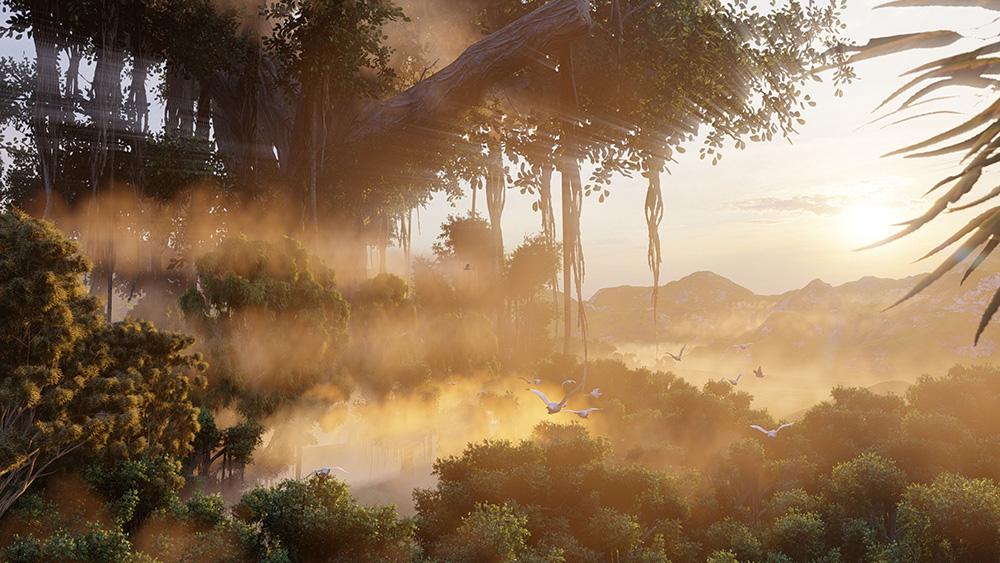
The power of NFTs lies in their ability to provide a secure and transparent way for creators to sell and distribute their work. This is particularly important for digital artists, who have traditionally struggled to monetize their work. In the past, digital art has been easy to copy and distribute without permission, which has made it difficult for artists to make a living. NFTs solve this problem by providing a way for artists to sell their work as unique, one-of-a-kind assets.
The promise of NFTs is even more significant. NFTs have the potential to completely change the way we think about ownership and value. For example, consider a piece of physical artwork. Its value is largely determined by its uniqueness and the reputation of the artist. With NFTs, we can apply the same concept to digital art. This means that digital art can be bought and sold as unique, one-of-a-kind assets that have real value.
NFTs also have the potential to democratize ownership. In the past, ownership of art has been limited to those with the means to purchase it. NFTs make it possible for anyone to own a piece of art, no matter how small their budget. This opens up a whole new world of possibilities for creators, who can now sell their work directly to their fans, without the need for middlemen.
The gaming industry is also ripe for disruption by NFTs. In-game items can now be sold as NFTs, giving players true ownership over their digital assets. This means that players can buy, sell, and trade their in-game items, just like they would with physical goods. This also opens up new revenue streams for game developers, who can now sell in-game items as unique assets.
The potential applications of NFTs are not limited to art and gaming. NFTs can be used to represent any kind of digital asset, including music, videos, and even tweets. This means that musicians can sell their music as unique assets, and content creators can sell their videos as one-of-a-kind items.
The power and promise of NFTs is already being realized. In March 2021, a digital artwork by Beeple sold for $69 million at a Christie's auction. This was the first time that a purely digital artwork had been sold by a major auction house. The sale was a milestone moment for NFTs, proving that they have the potential to be a significant force in the art world.
However, NFTs are not without their challenges. One of the biggest challenges is the environmental impact of blockchain technology. The process of creating and verifying blockchain transactions requires a lot of energy, which has led to concerns about the carbon footprint of NFTs. There is also the challenge of ensuring that NFTs are accessible to everyone, regardless of their technical knowledge.
In conclusion, NFTs have the power to change the way we think about ownership and value. They provide a secure and transparent way for creators to sell and distribute their work, and they have the potential to democratize ownership. NFTs are already being used to sell digital art, in-game items, music, videos, and even tweets. While there are challenges that need to be addressed, the promise